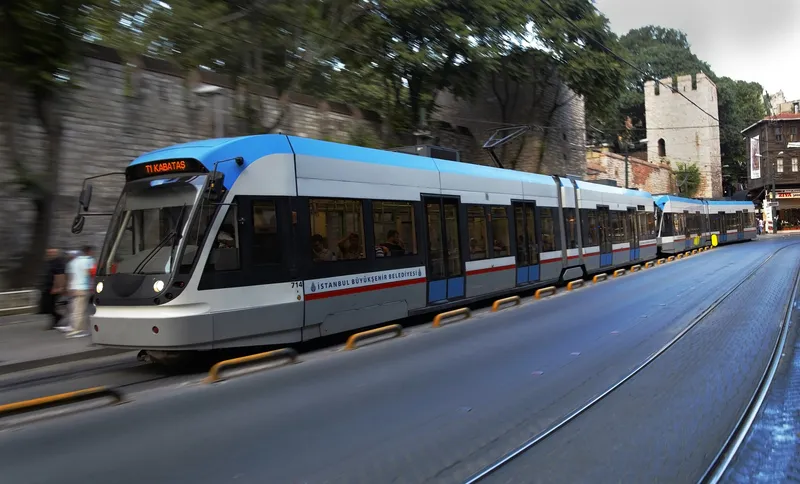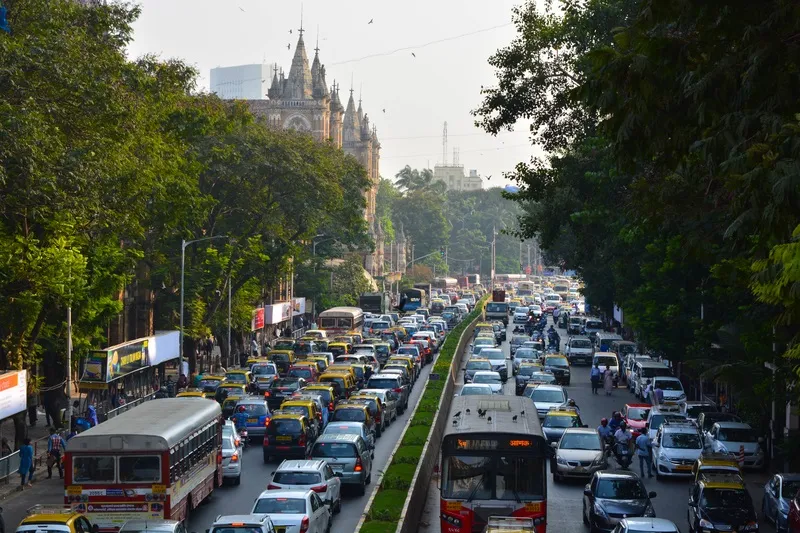
The world’s longest average commute on public and/or shared transportation is in Istanbul, Turkey (77 minutes).
New York, US, ties with Bangkok, Thailand, for commute time (58 minutes).
London commutes average 46 minutes, just one minute more than Pittsburgh - which has the shortest commutes in the US.
These and many other nuggets are available in Moovit's 2022 Global Public Transport Report, made up of Big Data analysed from tens of millions of trip requests performed by Moovit app users, along with user research in 99 cities across 24 countries.
There is a wealth of information available from cities from Argentina to United Arab Emirates and from Australia to Uruguay.
As well as commute duraction, metrics include wait time, number of transfers, trip distance, reasons that may encourage more public transit usage, the impact of Covid-19 on transit ridership and how often micro-mobility is used.
Moovit says the report "shows that in 2022 public transportation became less efficient across the world, due to increased commute and wait times".
It also shows that people commuted farther via public transit than they did in 2020.
Los Angeles, Paris and Rome all share an average 52-minute commute, while Hong Kong and Singapore have the shortest wait times, of nine minutes each.
“Almost three years ago, Covid very quickly disrupted people’s travel habits and urban congestion plunged," says Yovav Meydad, Moovit’s chief growth and marketing officer.
"Moovit’s report shows that in 2022 people ventured around their cities once again, but are experiencing less efficient commutes.
With congestion "on the rebound", the report "can be a beneficial tool for any city or transit agency looking for an updated and accurate picture of the daily travel habits of locals and may help in the decision-making process to make getting around more convenient", Meydad adds.








